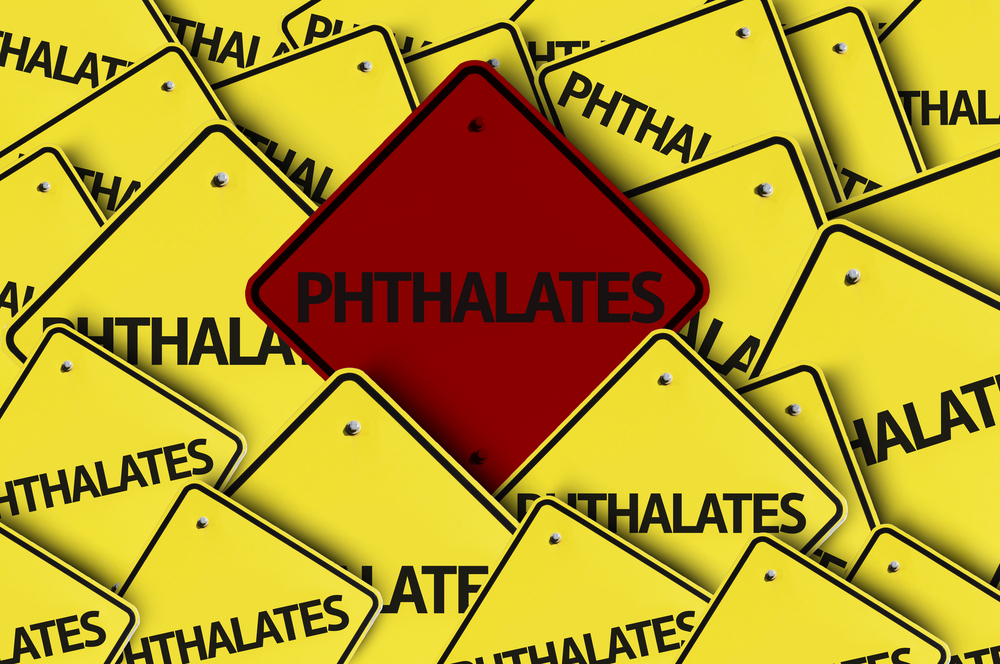Phthalates are substances known to affect hormone metabolism and function in animals and possibly in humans. They are found in several consumer products including building materials, automobile parts, clothing, food packaging, toys, and medical devices. Human exposure may come from contaminated food during food processing at factories, packaging materials and cosmetic products. There are several hints given by past studies on the connection between phthalate exposure and endometriosis
Endometriosis is a disease affecting at least 10% of reproductive-age women and arises when tissue similar to that of the inner lining of the uterus (i.e. endometrium) begins to grow outside the uterus causing infertility, pelvic pain, painful menstruation and painful sexual intercourse. There are several hypotheses that try to explain the onset of the disease, but several physicians and researchers believe that changes in the delicate regulation of hormonal system are partly to blame.
In a recent study published in The Journal of Clinical Endocrinology and Metabolism entitled “Possible role of phthalate in the pathogenesis of endometriosis: in vitro, animal, and human data” researchers from the University of Ulsan College of Medicine, South Korea, attempted to understand the link between these toxic chemicals and endometriosis.
The tem led by Dr. Sung HoonKim exposed endometrium cells in the lab to phthalates and found they started to behave like endometriotic cells, with activation of several signaling pathways and increased invasive potential. They then fed phthalates to a breed of mice known to have a higher risk of endometriosis and observed the lesions were bigger in those animals when compared to control mice (not fed with the toxic).
As a final approach, the team measured the levels of phthalates in the urine of 55 endometriosis patients and 33 normal women. The results showed that levels of phthalates were higher in affected women.
According to the team, these results provide key evidence for the role of phthalate exposure in the development of endometriosis in both in vitro and in vivo models, and also in human patients. Researchers conclude that disruption of a good hormone balance by toxic substances might play an important role in endometriosis.

